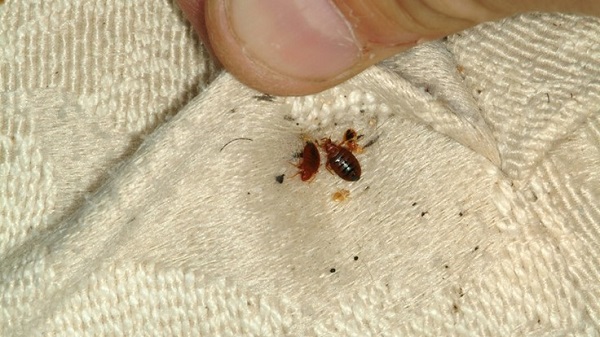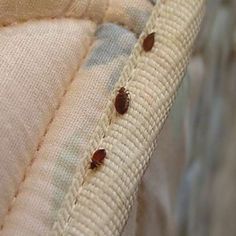Effective Parasite Control Measures to Secure Your Yard and Plants
In the world of gardening, the consistency of a well-tended yard can often be disrupted by undesirable parasites that threaten the wellness and vigor of plants. As garden enthusiasts strive to preserve a thriving exterior room, the challenge of bug control becomes a vital facet of their gardening ventures. Implementing reliable parasite control measures not only safeguards the yard's visual allure but also plays a pivotal role in preserving the plants' wellness. By checking out a series of methods that incorporate all-natural repellents, helpful insects, buddy growing, do it yourself options, and environmentally-friendly chemicals, garden enthusiasts can navigate the complex world of parasite administration with accuracy and treatment.
All-natural Pest Repellents

One more efficient all-natural insect repellent is diatomaceous earth, a fine-grained compound made from fossilized marine organisms. Diatomaceous earth works by literally harming pests with its abrasive structure, making it an excellent alternative for managing parasites like slugs, beetles, and caterpillars. Furthermore, growing companion plants like marigolds, lavender, or basil can help ward off bugs due to their strong scents or natural chemical compounds.
Beneficial Pest for Bug Control

Another advantageous insect is the parasitic wasp, which lays its eggs inside bug bugs, at some point eliminating them. Ground beetles are excellent for controlling caterpillars, snails, and slugs. Hoverflies, often mistaken for due to their similar appearance, feed upon aphids, thrips, and caterpillars.
To bring in advantageous bugs to your yard, you can grow a diverse array of blooming plants, such as dill, fennel, and yarrow, which provide nectar and pollen for grown-up insects. Additionally, stay clear of using broad-spectrum pesticides that can damage both damaging and valuable pests. By producing a welcoming setting for these helpful pests, you can lower the demand for chemical pesticides and advertise a much healthier, a lot more well balanced garden community.
Friend Planting Techniques
When intending to boost the effectiveness of useful pests in your garden for natural parasite control, thinking about friend planting strategies can even more enhance the community equilibrium. Friend planting involves tactically placing specific plants next to each other to optimize their common benefits, such as hindering parasites, bring in beneficial insects, or improving nutrition uptake - bed bug exterminator houston near me. One preferred example is growing marigolds along with tomatoes to drive away nematodes and various other dangerous pests while additionally drawing in pollinators
Additionally, incorporating aromatic herbs like basil, mint, or rosemary in between vegetable rows can help discourage insects with their strong aromas. Another efficient technique is growing flowers such as sunflowers, zinnias, or cosmos to bring in pollinators like and butterflies, which in turn can help in pollinating your fruit and veggie crops. Planting trap crops like nasturtiums can draw away insects away from your primary crops, offering as sacrificial plants that safeguard your beneficial produce. By implementing companion growing approaches, you can produce a varied and harmonious garden community that naturally controls amazing bed bug exterminator treatment in houston insects while advertising plant health and efficiency.
Do It Yourself Parasite Control Solutions
To properly handle insects in your garden, applying do-it-yourself parasite control services can be an economical and eco pleasant approach - bed bug exterminator houston near me. Establishing up physical barriers like row covers or netting can likewise avoid parasites like caterpillars from damaging your plants.
Companion growing specific herbs and blossoms like marigolds, basil, and lavender can assist drive away parasites and bring in advantageous bugs. By incorporating these Do it yourself bug control solutions right into your horticulture regimen, you can shield your garden and plants without relying on rough chemicals.
Environmentally-Friendly Pesticides

Another effective option is diatomaceous earth, a natural compound made from fossilized marine organisms, which can be sprinkled around plants to manage slugs, snails, and various other crawling insects. In addition, insecticidal soaps and oils originated from plant-based sources are valuable for managing soft-bodied bugs like aphids, termites, and whiteflies.
Conclusion
Finally, reliable insect control procedures such as natural repellents, advantageous bugs, companion planting techniques, DIY options, and environmentally-friendly chemicals are critical for protecting your garden and plants. By applying these approaches, you can protect against damages created by parasites and preserve a healthy and growing yard environment. It is necessary to think about the lasting influence of using pesticides and go with more sustainable and eco-friendly alternatives to ensure the health and wellness and wellness of your plants and the atmosphere.